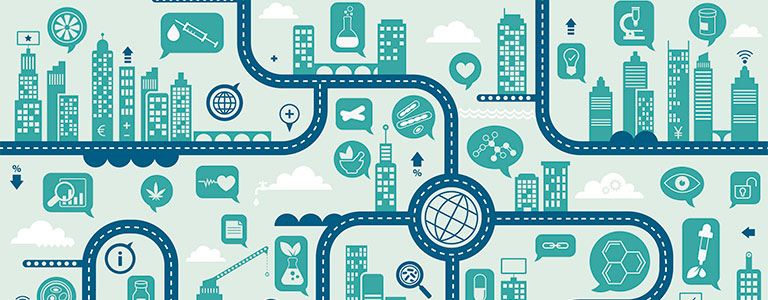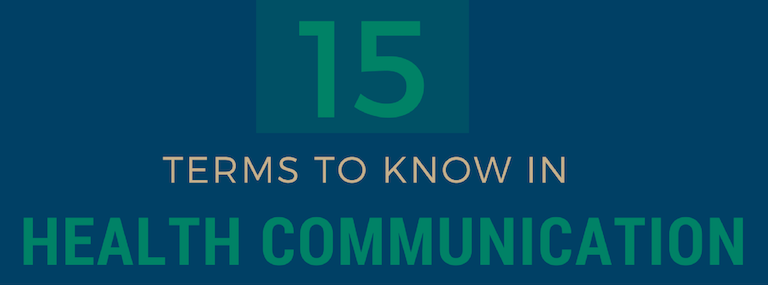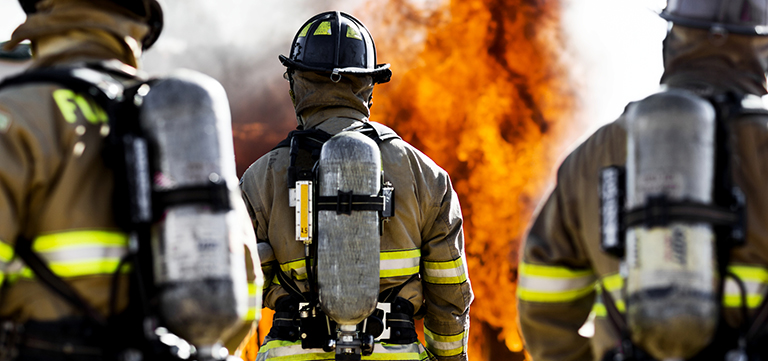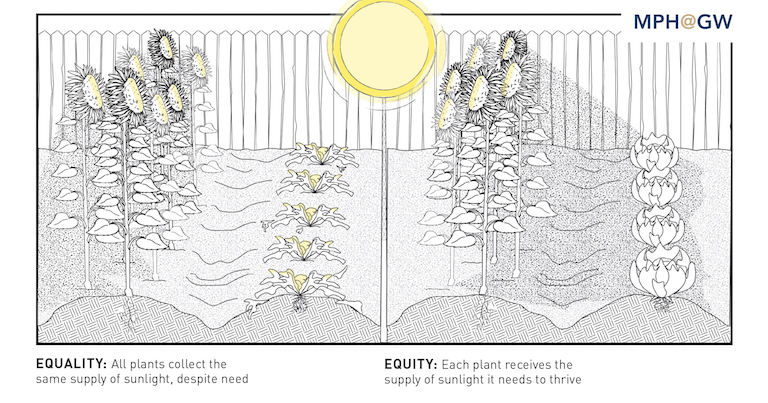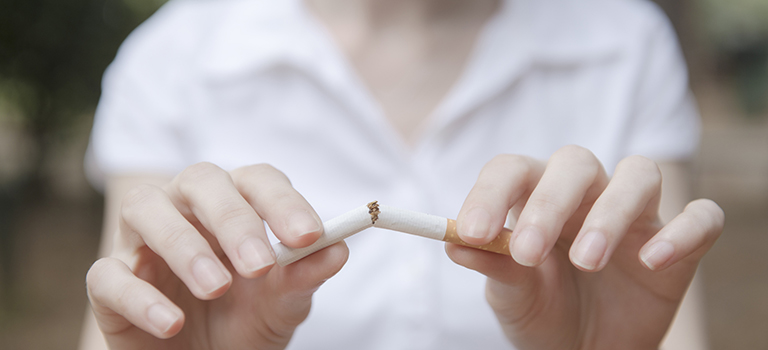
Like many public health professionals, you may be motivated to maximize your potential by earning a master’s degree in public health, but financial considerations may be a deterrent. One possible solution is to ask your current employer for assistance with school expenses. While this may seem intimidating, it is actually a viable option that benefits both potential GW Public Health Online students and their employers. Benefits for Your Company Employee turnover is costly. Interviewing, hiring and training new employees is time consuming and puts a strain on company resources. It makes much more sense — from both financial and human resources perspectives — to […]



